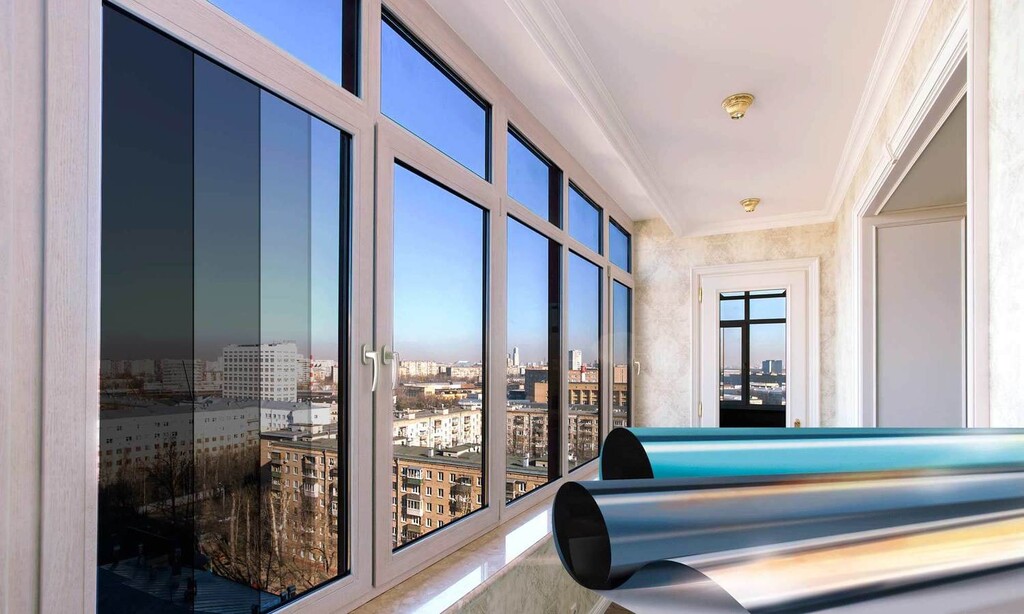Glass tinting is a popular solution for enhancing privacy, reducing glare, and improving energy efficiency in both residential and commercial buildings. If you’re considering this service for your property, it’s essential to understand the process, benefits, and factors to consider before making a decision.
Introduction
It involves applying a thin film to windows to reduce the amount of sunlight and heat that enters a building. This process not only enhances privacy but also helps to protect furnishings from fading and reduces energy costs by minimizing the need for air conditioning.
Different Types
There are several types of glass tinting available, each offering different levels of performance and aesthetics. Traditional window film is the most common option, but ceramic window tint and high-performance window film are also popular choices for those seeking enhanced durability and UV protection.
Factors to Consider
Before investing in it, it’s essential to consider factors such as cost, durability, UV protection, and legal regulations in your area. While some types of tinting may be more expensive upfront, they often offer better long-term performance and energy savings.
Finding the Right Glass Tinting Service
When searching for a glass tinting service near you, take the time to research local providers, read reviews and testimonials, and request quotes from multiple companies. This will help you find a reputable provider who offers quality products and excellent customer service.
Preparing for Glass Tinting
Before having your windows tinted, it’s important to properly prepare the surface by cleaning the windows and removing any existing tint. Additionally, you’ll need to choose the right shade of tint to achieve your desired level of privacy and aesthetics.
The Glass Tinting Process
The process typically involves surface preparation, application of the tint film, and a final inspection to ensure a flawless finish. Professional installers have the skills and equipment necessary to complete the job quickly and efficiently.
Aftercare and Maintenance
After having your windows tinted, it’s essential to follow the manufacturer’s instructions for aftercare and maintenance. This may include allowing the tint film to cure for a certain period and using gentle cleaning methods to preserve its appearance.
FAQs
- How long does it last?
- The lifespan of glass tinting can vary depending on factors such as the type of film used and the climate conditions. However, most quality tint films can last up to 10 years or more with proper care.
- Is it suitable for all types of windows?
- Glass tinting can be applied to most types of windows, including single-pane, double-pane, and tempered glass. However, it’s essential to consult with a professional installer to ensure compatibility with your specific windows.
- Can I install it myself?
- While DIY glass tinting kits are available, professional installation is recommended for best results. Professional installers have the expertise and tools necessary to achieve a flawless finish and ensure proper adherence to the glass.
- Will it affect my visibility while driving?
- When applied correctly, glass tinting should not significantly impair visibility while driving during the day or night. However, it’s essential to choose an appropriate shade of tint that complies with local regulations.
- Is it legal in my area?
- Glass tinting regulations vary by location, so it’s essential to check local laws and regulations before having your windows tinted. In some areas, there may be restrictions on the darkness of tint allowed on certain windows.
In conclusion, glass tinting is an excellent investment for enhancing privacy, reducing glare, and improving energy efficiency in both residential and commercial buildings.


Leave a reply